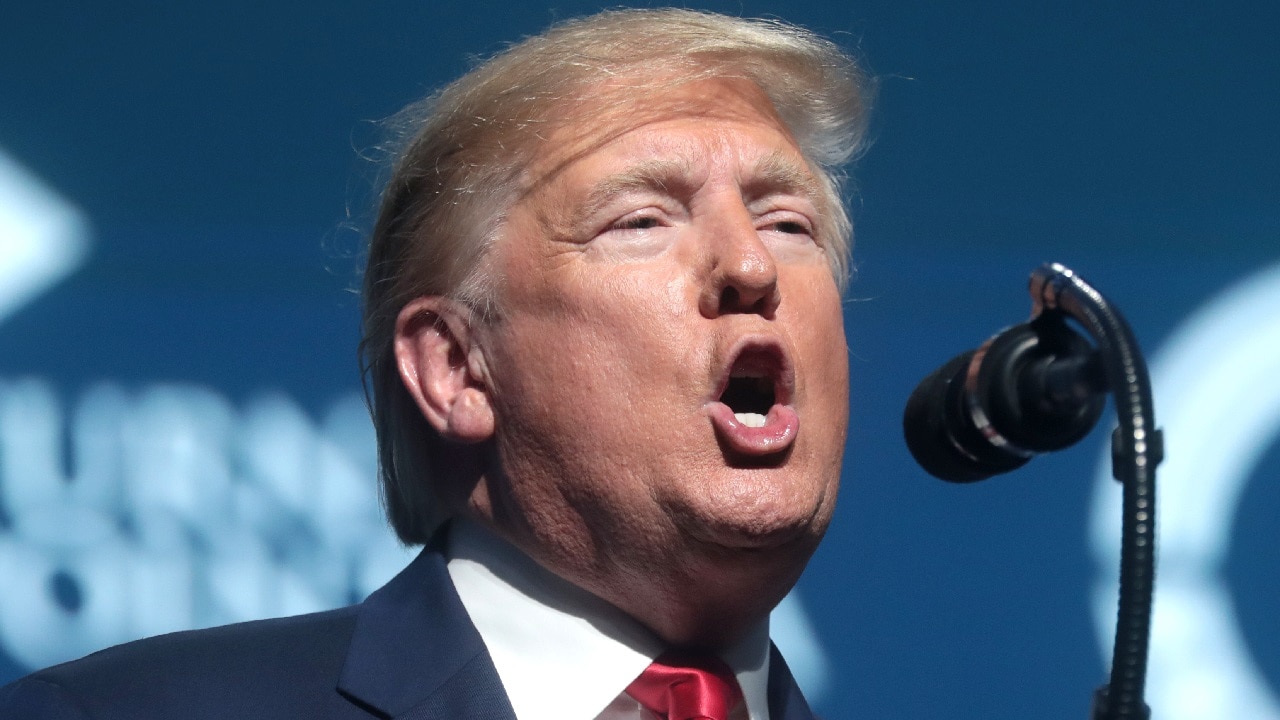Are Donald Trump and his legal team starting to look desperate? John Lauro, lawyer for former President Donald Trump, launched a vigorous defense of his client over the weekend, utilizing appearances on major Sunday morning political TV shows to reshape the narrative around Trump’s actions in the aftermath of his 2020 presidential election loss.
Amid allegations of conspiracy to obstruct an official proceeding, conspiracy to violate civil rights, and conspiracy to defraud the United States, Trump’s attorney, John Lauro, took center stage to articulate a legal defense that hinges on First Amendment rights.
Lauro featured on all five prominent Sunday morning political TV shows, a move colloquially referred to as a “full Ginsburg”.
Throughout these interviews, Lauro worked to refine his legal strategy in support of the former president.
Donald Trump Has a New Strategy
The charges against Trump were unveiled last week, and they center on his endeavors to maintain his hold on power despite the 2020 election loss. As the legal proceedings unfold, Lauro has crafted a defense that asserts Trump’s actions were within the bounds of exercising free speech, even as he allegedly encouraged officials to discover purportedly illegal votes and discussed potentially rejecting Electoral College votes with former Vice President Mike Pence. Lauro maintains that proving Trump’s knowledge of his electoral loss will be a challenge, despite accounts from numerous White House aides.
Speaking to CNN’s “State of the Union,” Lauro aimed to differentiate between “asking” Pence to take specific actions on January 6, 2021, and “directing” Pence. Lauro contended that Trump’s actions, still in the realm of speech, were aspirational and not operational. He defended Trump’s actions as expressions of First Amendment rights, asserting that “asking is aspirational” and “core free speech.” Lauro went on to argue that Trump did not direct Pence but rather inquired about a course of action.
Could It Work?
This legal reasoning extended to Trump’s now-infamous phone call with Georgia Secretary of State Brad Raffensperger, during which he requested the discovery of additional votes to secure his victory in the state. Lauro defended this request as an “aspirational ask,” maintaining that Trump was seeking the truth.
Lauro also cast doubt on the government’s ability to establish Trump’s awareness of his election loss, asserting that such a burden of proof would be insurmountable.
The attorney’s appearances culminated in a declaration of intent to cross-examine Mike Pence, asserting that the former vice president’s testimony could support Trump’s belief in the election’s irregularities.
While Donald Trump contemplates seeking the recusal of the trial judge assigned to his case and questions the timing of the charges, Lauro’s appearances underscore a strategic effort to reshape public perception and defend his client’s actions as constitutionally protected speech.
As the legal battle ensues, the courtroom drama unfolds in the midst of broader political and social discourse.
Georgia Gilholy is a journalist based in the United Kingdom who has been published in Newsweek, The Times of Israel, and the Spectator. Gilholy writes about international politics, culture, and education.

